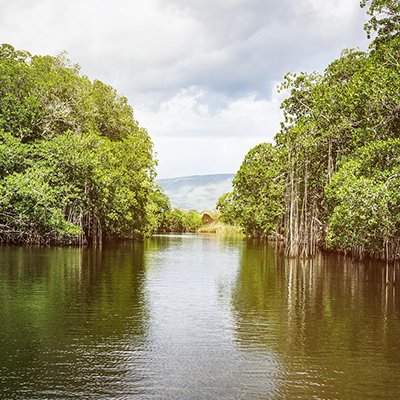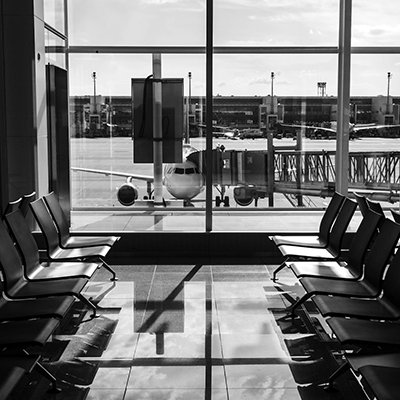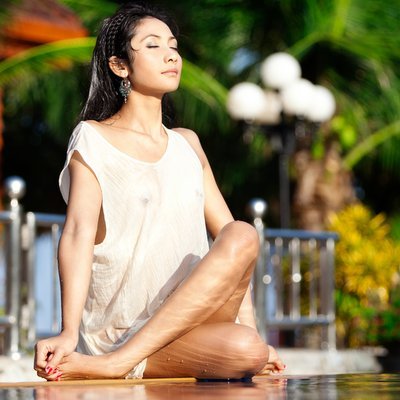Thousands of retirees travel to enjoy themselves, maybe follow a passion or spend money on comforts – we feel we’ve earned and/or need them. Pilgrimages to religious sites are also common but may be more a physical than spiritual journey as many routes and sites are now commercialised and crowded.
And we may not fully appreciate the beauty of yet another magnificent building since we’ve seen so many (guilty!). Alternatively, many of us volunteer our skills in developing countries or conservation projects to ‘give back’ for the benefits we’ve received – and gain a deeper understanding of the world in the process.
An ancient practice that could enhance our joy in travelling is to prepare for old age and death – facing the inevitable instead of avoiding them – by continuing to learn and serve while detaching from material priorities. This practice is part of religious traditions throughout the world, Judaism and Christianity included, but best known from Eastern religions.

Hinduism, for example, suggests five stages of life: infant, student, householder, retired and ‘sannyasa’ (which can also commence straight after the student stage). A sannyasin/sannyasini renounces vices such as anger, greed and envy, often joining a community or leaving home to aid their efforts. The goal is a simple, peaceful, loving, fearless life that leads to bliss. We can all experience some of this by travelling differently.
Articles in The Wise Traveller have plenty of tips to make your travel safe and enjoyable. Here are some more tips, for sannyasa’s mentally different way of travelling:
- Do have travel insurance and organised paperwork. As with Swedish death cleaning (discarding or passing on possessions now so your family doesn’t have to deal with them after your death), make sure your family has the easiest possible time dealing with any illness or accident that you may have.
- Downsize your luggage. Not only will your body thank you, so will your mind as you have less to lose, as will the planet as your aeroplane consumes less fuel.
- Buy fewer souvenirs and gifts (or none!). Tell your family and friends they won’t be getting gifts – or maybe just a useful teaspoon or teatowel; a video call is worth a lot more.

- Go where the locals go, picnic in the park or join an open-air exercise session. Take a local bus: they may be old but the system, from Buenos Aires to Vanuatu, if often better than at home. Fresh-cooked street food and little cafes benefit the local economy.
- Stay in monasteries, convents, temples and communities that let you participate in their spiritual life. From Australia to Austria, Cuba to Korea, India to Israel there are plenty of options, and religious people can be more open and fun-loving than you might think.
Most of all, be fully present (look up from your phone!). Appreciate the flowering weeds brightening the railway cutting; notice when an elderly person gets on your bus and whether they need a seat; use the time in a queue to practice patience (working on this!); connect with the people around you, not images on social media. You may lose your mobility, eyesight or your mind as you get older so really LIVE your own life while you can.















